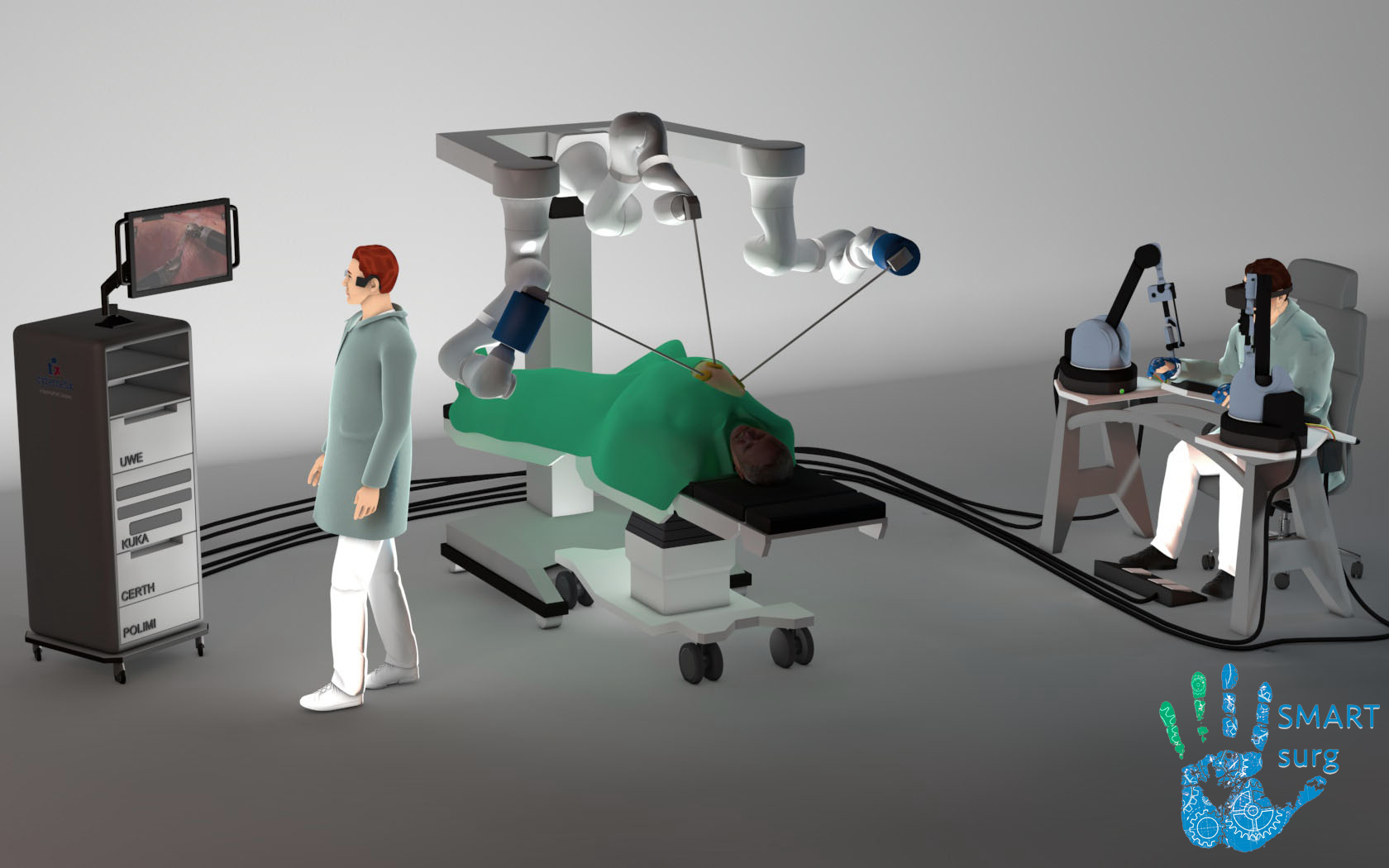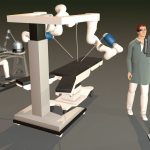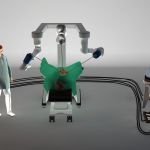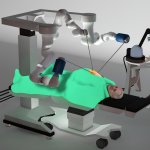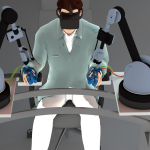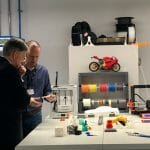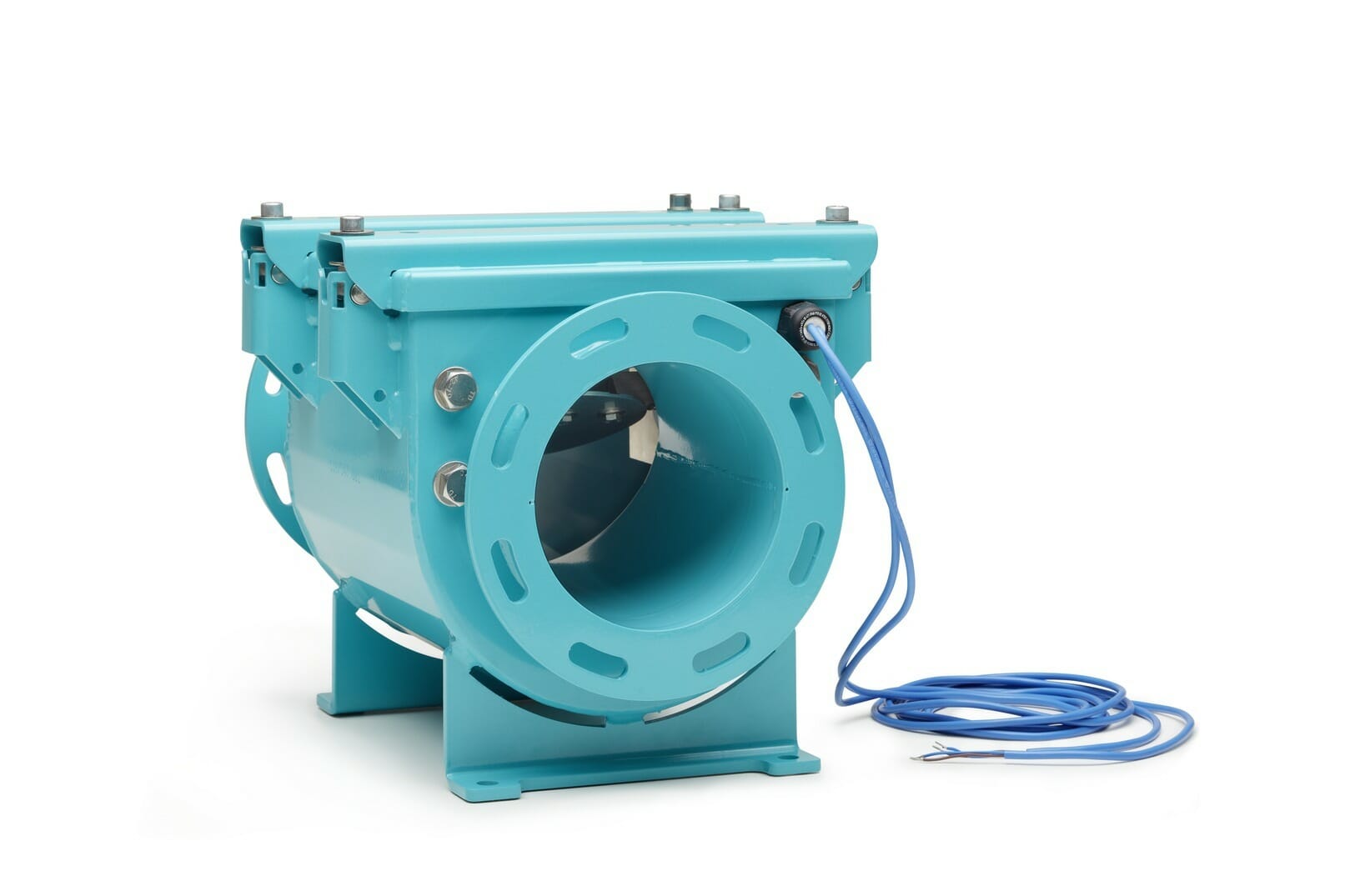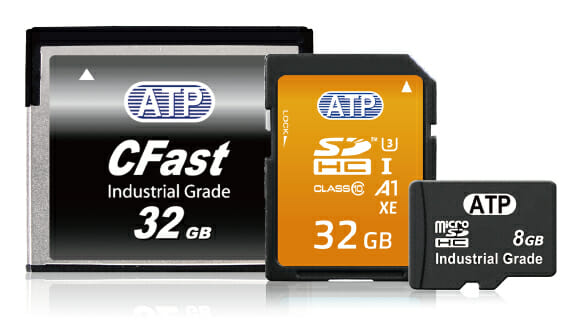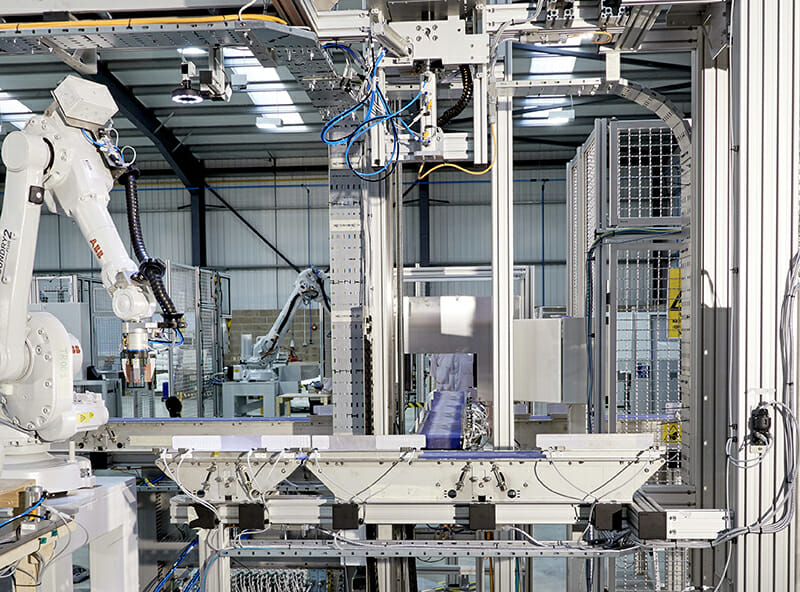The Bristol Robotics Laboratory are incorporating maxon products as part of a project to develop Robot Assisted Minimally Invasive Surgery (RAMIS).
Using robots in keyhole surgery offers many advantages compared to traditional Minimally Invasive Surgery, including improved vision, precision and dexterity. The SMARTsurg project has been setup to develop an advanced system for performing Robot Assisted MIS.
The project involves a team of ten institutions across Europe of highly experienced clinical, academic, and industrial partners. One of the institutions is the Bristol Robotics Laboratory (BRL). maxon have worked with BRL on several projects and were delighted to be asked to assist on RAMIS.
The team are using maxon DC motors and controllers to drive and position the 3-finger surgical instrument that goes inside the body. The instrument will be controlled by exoskeletons that fit over the surgeon’s hands. In addition, they will also develop smart glasses to allow the surgeon to have a realistic view of what is taking place inside the body. The team found maxon products were easy to use and offered the precision and high power density necessary for this application.
BRL used the maxon online Configurator to select and configure the DCX 19 S brushed DC motor, GPX 22 gearbox and ENX 10 encoder. An advantage of using the maxon Configurator are the short lead times.
Designing the maxon products online enabled the best fit package in terms of output torque, speed and encoder feedback. Physical dimensions could also be realised, simply and quickly including full technical details of the package published, including 3D CAD model, at the touch of a button. The maxon EPOS2 positioning controller and the CAN communication protocol were used to ensure each axis responds to commands from the master controller in terms of position, speed and torque.
Sanja Dogmadzi, Professor in Medical Robotics at BRL explained ‘While the popularity of RAMIS is steadily increasing, the potential for improving patient outcomes and the potential for other procedures is not fully realised, largely because of serious limitations in the current instrumentation, control and feedback to the surgeon. Specifically, restricted access, lack of force feedback, and use of rigid tools in confined spaces filled with organs pose challenges to full adoption. The development of robotic surgical platforms has introduced 3D vision and significant improvements in the levels of dexterity. Robot Assisted Minimally Invasive Surgery will reduce the demand on the surgeon, shorten training time and deliver accuracy, safety and reduced procedure time.’
Further details could be found on the project website: https://smartsurg-project.eu/
To discuss your application please contact maxon on +44 (0)1189 733 337 or salesuk@maxonmotor.com.

